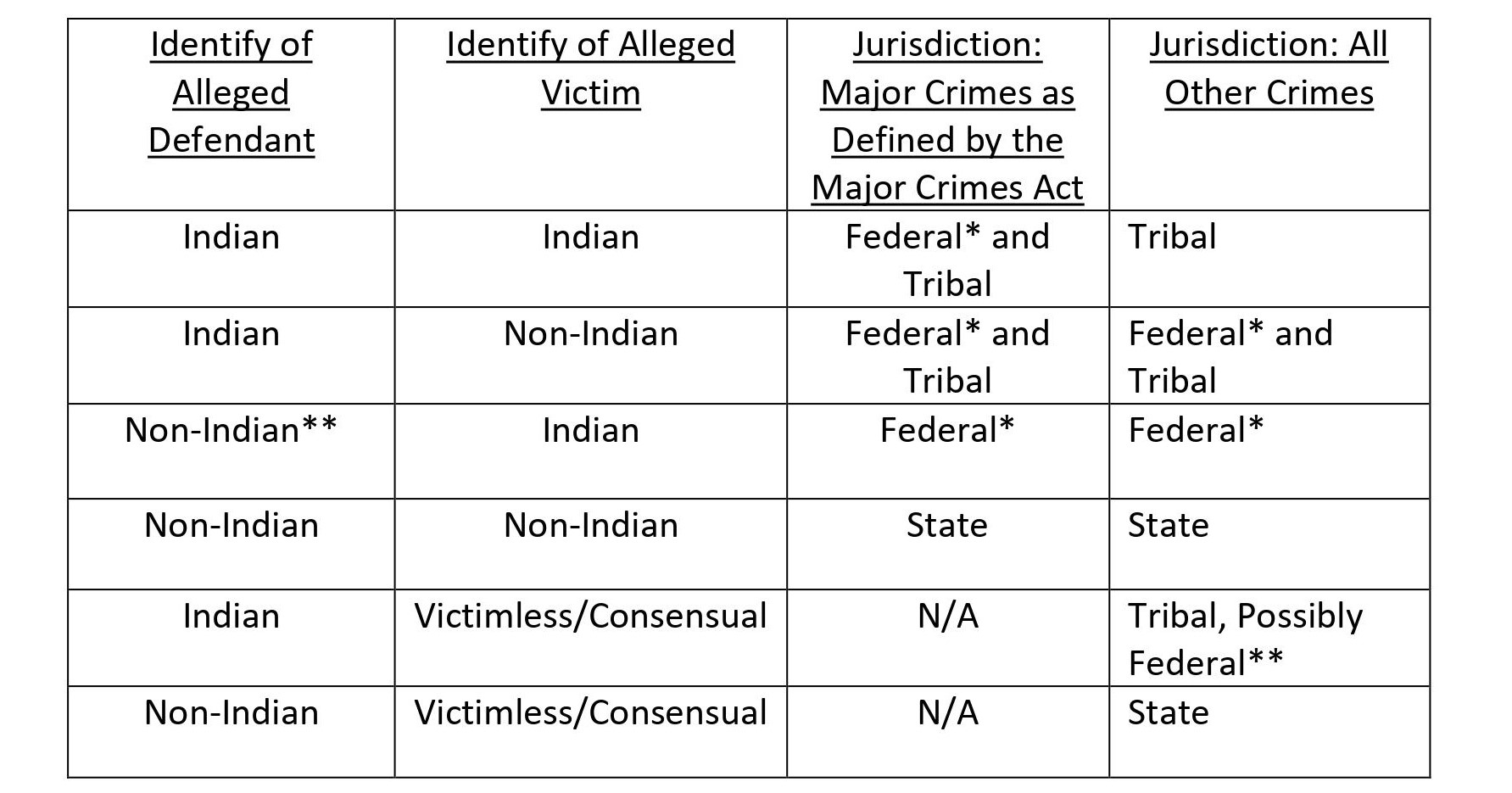Indian tribal police on:
[Wikipedia]
[Google]
[Amazon]
Indian tribal police are

police officer
A police officer (also called a policeman and, less commonly, a policewoman) is a warranted law employee of a police force. In most countries, "police officer" is a generic term not specifying a particular rank. In some, the use of the ...
s hired by Native American tribes. The largest tribal police agency is the Navajo Nation Police Department and the second largest is the Cherokee Nation Marshal Service.
History
In the early 1800s the Cherokee Nation established "regulating companies" with appointed regulators to combat horse theft and other crimes. On November 18, 1844, the Cherokee Nation established the first Lighthorse company, a unit of mounted tribal policemen referred to as Lighthorsemen. In 1820 the Choctaw Lighthorse was established. The Creek and Seminole tribes also established lighthorses before the "Five Civilized Tribes
The term Five Civilized Tribes was applied by European Americans in the colonial and early federal period in the history of the United States to the five major Native American nations in the Southeast—the Cherokee, Chickasaw, Choctaw, Creek ...
" lost their lands in the 19th century the lighthorses were disbanded.
In 1869 the US Indian Agent
In United States history, an Indian agent was an individual authorized to interact with American Indian tribes on behalf of the government.
Background
The federal regulation of Indian affairs in the United States first included development of t ...
to the Sac and Fox
The Sac and Fox Nation ( ''Mesquakie'' language: ''Othâkîwaki / Thakiwaki'' or ''Sa ki wa ki'') is the largest of three federally recognized tribes of Sauk and Meskwaki (Fox) Indian peoples. Originally from the Lake Huron and Lake Michigan ...
and Iowa Tribes appointed American Indians as policemen. This is the first record of a federally sponsored Indian police force and was the first of the Indian Agency Police
Indian agency police were policemen hired by United States Indian agents during the late 19th and early 20th centuries and assigned to a Native American tribe. It was the duty of Indian agency police to enforce federal laws, the laws of the state ...
. Indian Agency Police were tasked with the enforcement of federal laws, treaty regulations, and law and order on Indian agency land. At the time very few tribes had tribal government, and therefore no tribal laws or police forces, thus the Indian Agents and their officers were often the only form of law enforcement in Indian Country.https://www.tribal-institute.org/download/Indian%20Law%20Enforcement%20History.pdf

Description
Tribal police historically had several different titles—sheriffs, constables, regulators, lighthorsemen —and today work closely with local, state, and federal police agencies.See also
*Aboriginal Police in Canada
Indigenous police services in Canada are police forces under the control of a First Nation or Inuit government. The power of Indigenous governments to establish independent police services varies, and only First Nations and Inuit communities gover ...
* Bureau of Indian Affairs Police
* Indian agency police
Indian agency police were policemen hired by United States Indian agents during the late 19th and early 20th centuries and assigned to a Native American tribe. It was the duty of Indian agency police to enforce federal laws, the laws of the state ...
* United States Indian Police
The United States Indian Police (USIP) was organized in 1880 by John Q. Tufts the Indian Commissioner in Muskogee, Indian Territory, to police the Five Civilized Tribes. Their mission is to "provide justice services and technical assistance to ...
References
Native American tribal police {{US-law-stub